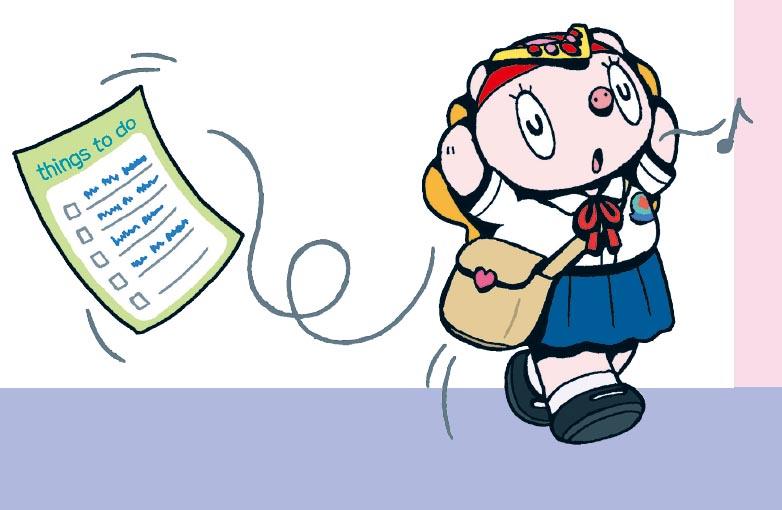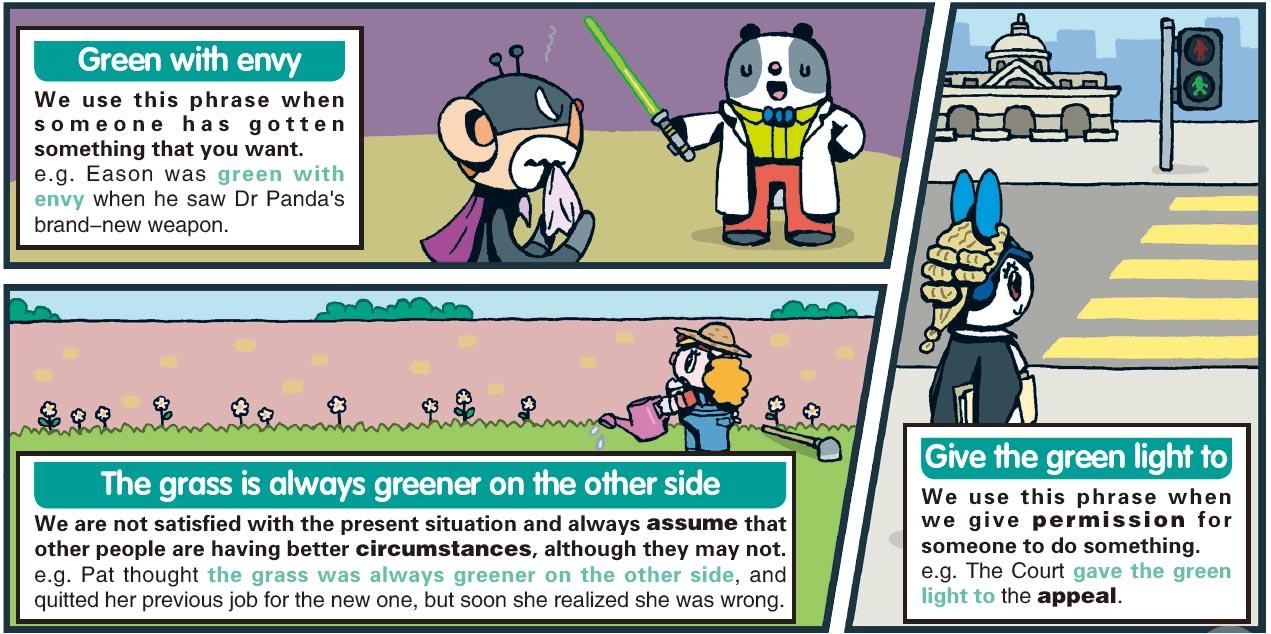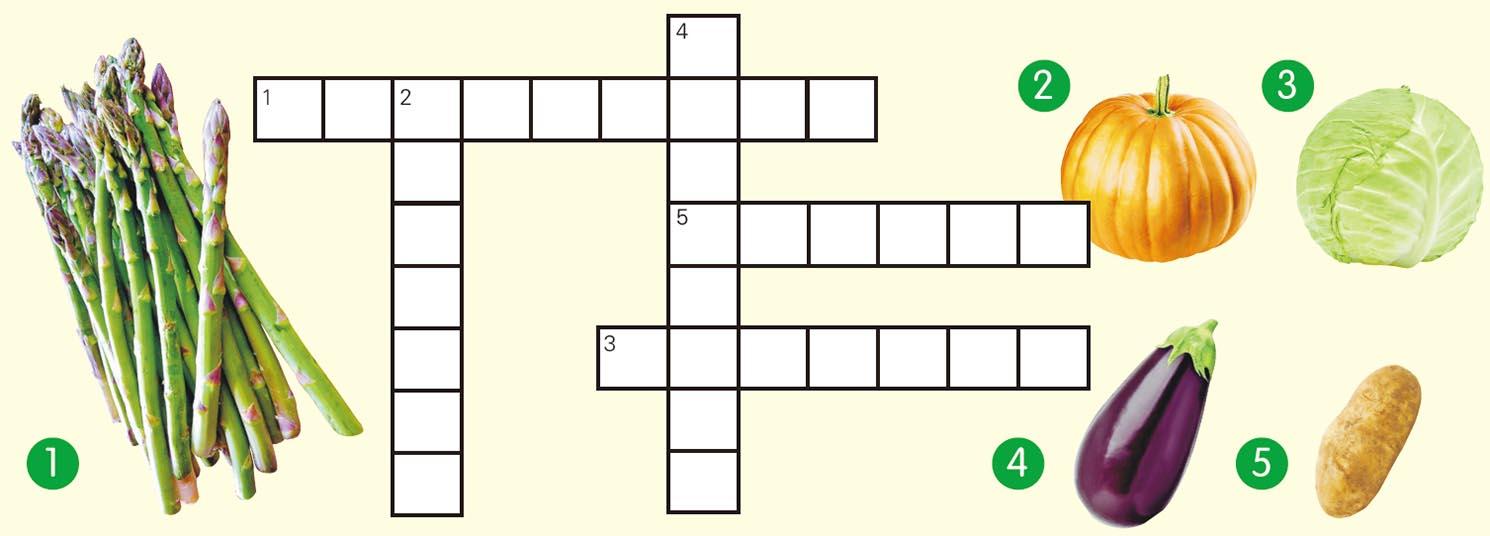Grammar:Relative clauses
【明報專訊】The Smarties read some news articles on the Internet. They are debating whether the news media is reliable or not.
Bill: MoMo, look! Here comes some life-saving news! It says that we can steam and reuse a surgical mask!
MoMo: Are you sure? I have never heard of this. You should be cautious about whether a piece of news is true or not. (1) Information which is not properly distributed by a reliable news outlet may sometimes be inaccurate.
Bill: I don't know. My friends sent me this link on WhatsApp.
MoMo: Look! (2) This young lady, who is a famous medical expert, has clarified that steaming and reusing a mask is not something supported by evidence. (3) The article which you received is certainly incorrect.
Bill: You are right. I should have fact-checked the article.
MoMo: Surgical masks can't stand temperatures that are too high. This is common sense!◆
We use relative clauses to combine clauses or add more information to the sentence. There are two types of relative clauses. Defining relative clauses give essential information which is necessary for us to understand the sentence. Non-defining relative clauses give extra information which is not necessary for us to understand the sentence.
Defining relative clause
e.g. The student who used his mobile phone at school faces detention punishment.
Non-defining relative clause
e.g. This organization, which has a long history in Hong Kong, decides to donate a large sum of money to the charity.
■Gear up
Combine the two sentences by using defining relative clause.
The prize goes to Dr Panda.
The prize is usually given to the most influential scientist in the world.
________________________________
(Answer on next text)
■Glossary
cautious (adj) 謹慎的
reliable (adj) 可信的
clarify (v) 澄清
certainly (adv) 確實地
[Smarties' Power English 第273期]








